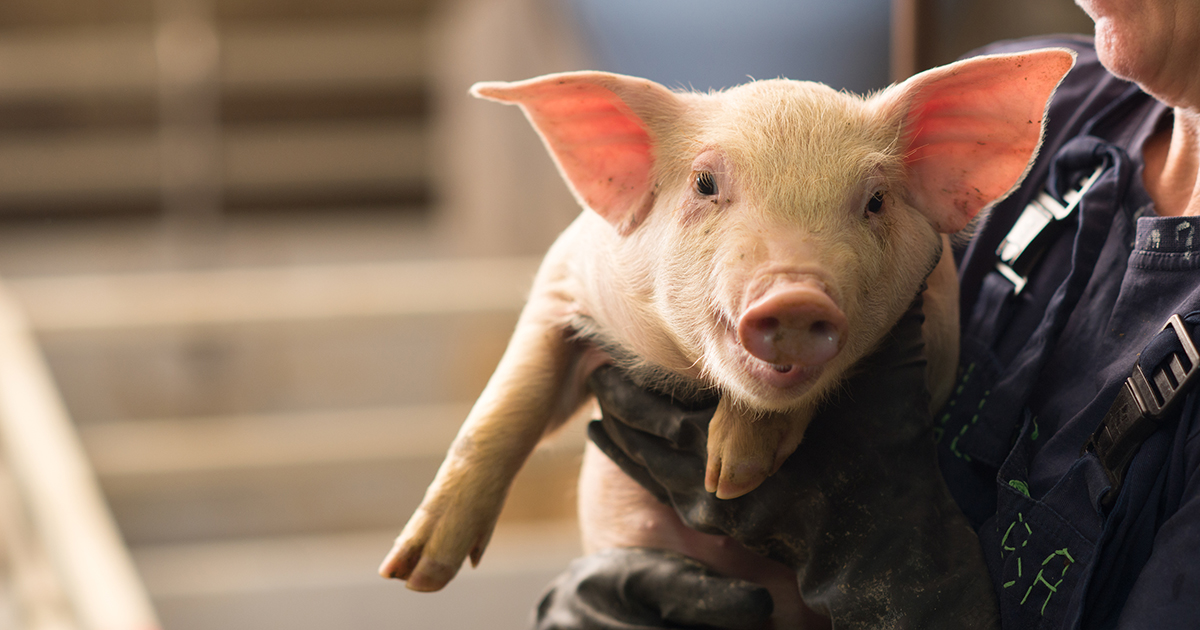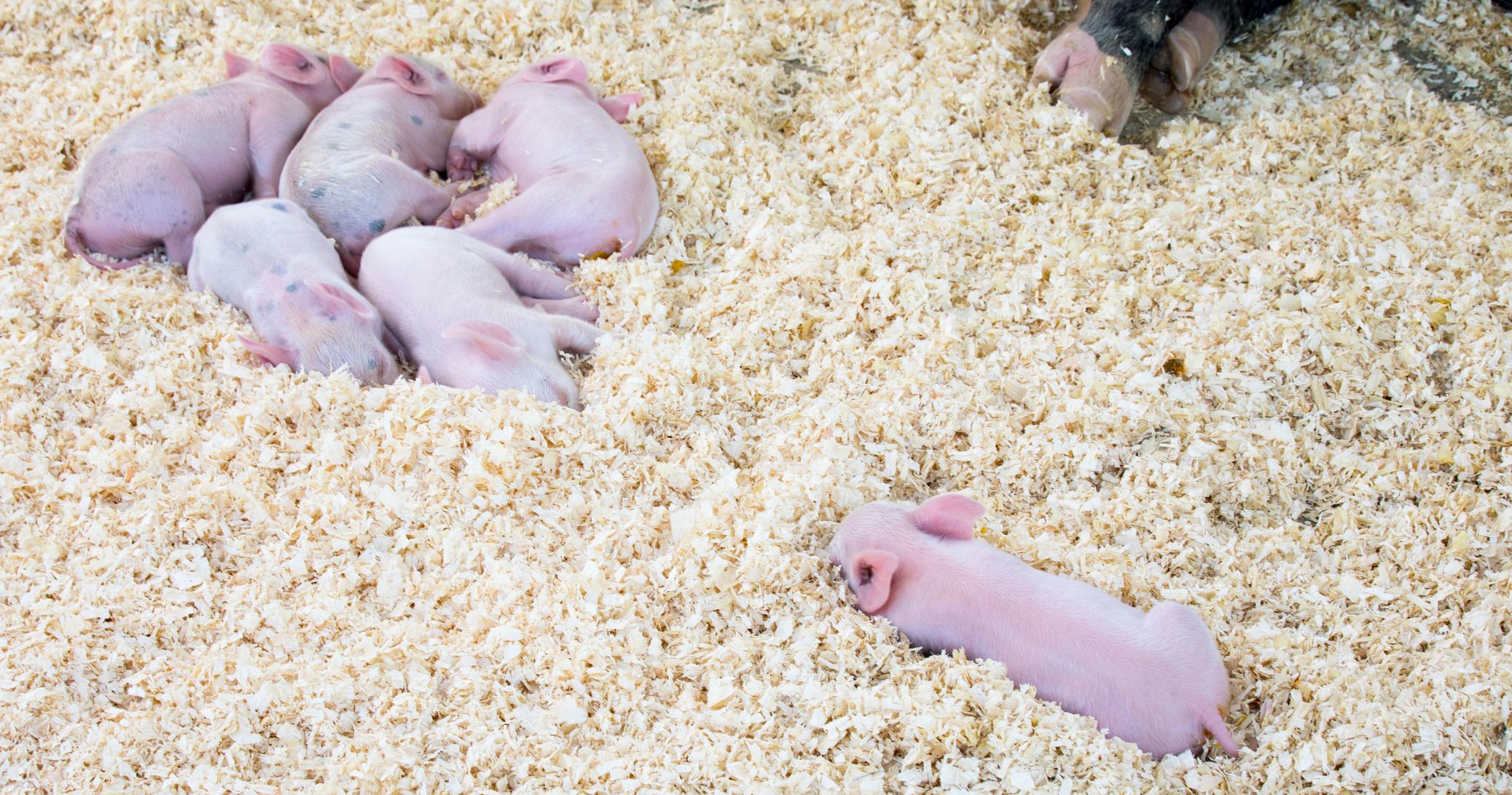What Causes Brucellosis?
Direct Contact With Bacteria
Direct contact with the bacteria frequently spread brucellosis. The disease is not present on the skin of infected animals; thus, simply touching or petting an animal with brucellosis will not transmit the disease to humans. However, Brucella bacteria are present in the placenta, blood, semen, and other bodily fluids of infected animals, and direct contact with these fluids can pass the illness to humans. For example, while very rare, there has been a reported case of a man getting brucellosis after being bitten by his dog. This shows the Brucella bacteria can enter the skin through a tiny cut, scratch, or puncture wound. Generally, this is more likely to occur when helping animals give birth or when conducting animal experiments. Nevertheless, dog owners who have compromised immune systems, such as those undergoing cancer treatment, are recommended to avoid touching or petting them if the animal has a confirmed case of brucellosis.
Get to know more about brucellosis causes by continuing to read now.
Work In High Risk Occupations

Certain professions that involve close contact with domestic animals and livestock pose a higher than normal risk of exposure to, and potential infection with, strains of the Brucella bacteria. While there is a vaccine available for animals, no vaccine against brucellosis currently exists for humans; therefore, it is important for all individuals who face increased exposure take appropriate precautions in their work. Work in high-risk occupations is a central cause of brucellosis. Veterinarians, livestock and dairy farmers, meat-packing industry workers, hunters, laboratory technicians, microbiologists, and clinicians treating brucellosis patients all have a higher than normal risk of getting the disease themselves. All workers at high risk should wear protective gear such as gloves, safety goggles, and face masks. Additionally, it is recommended that laboratory workers use primary barriers such as safety caps on centrifuges combined with secondary barriers such as closing external windows and doors and restricting laboratory access. For the protection of farmers, it is recommended for livestock to be vaccinated against brucellosis.
Read more now to get to know another cause of brucellosis.
